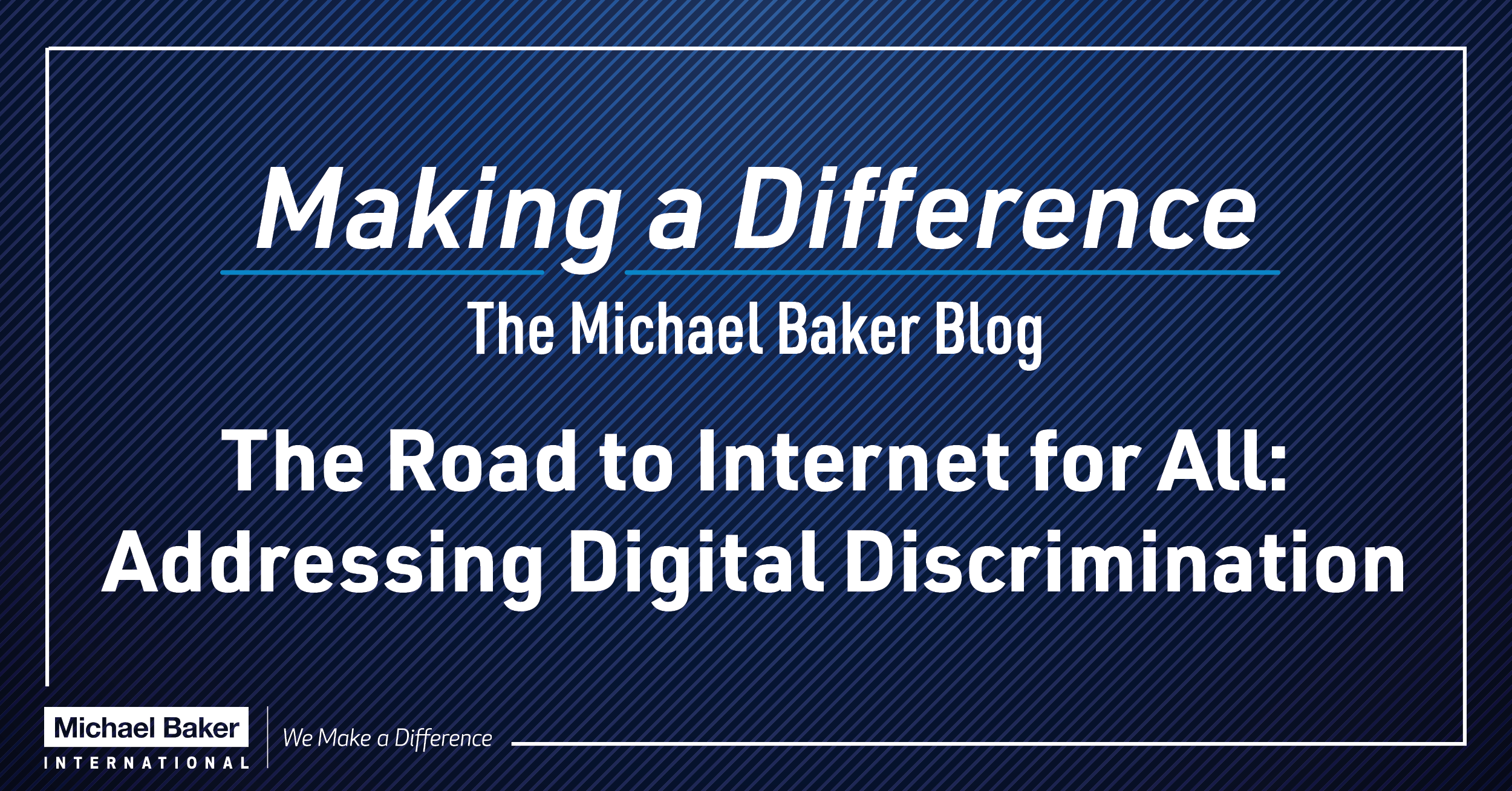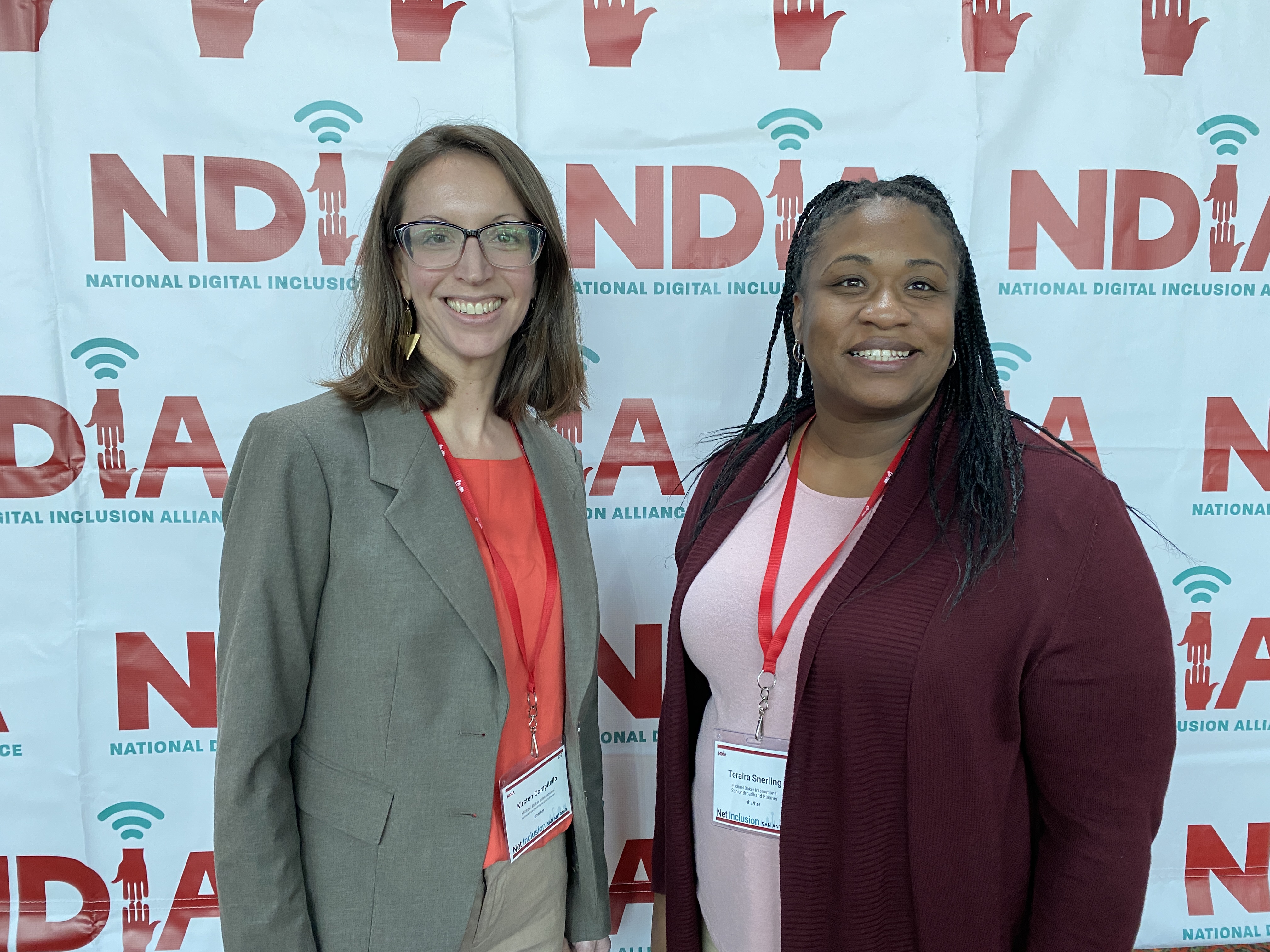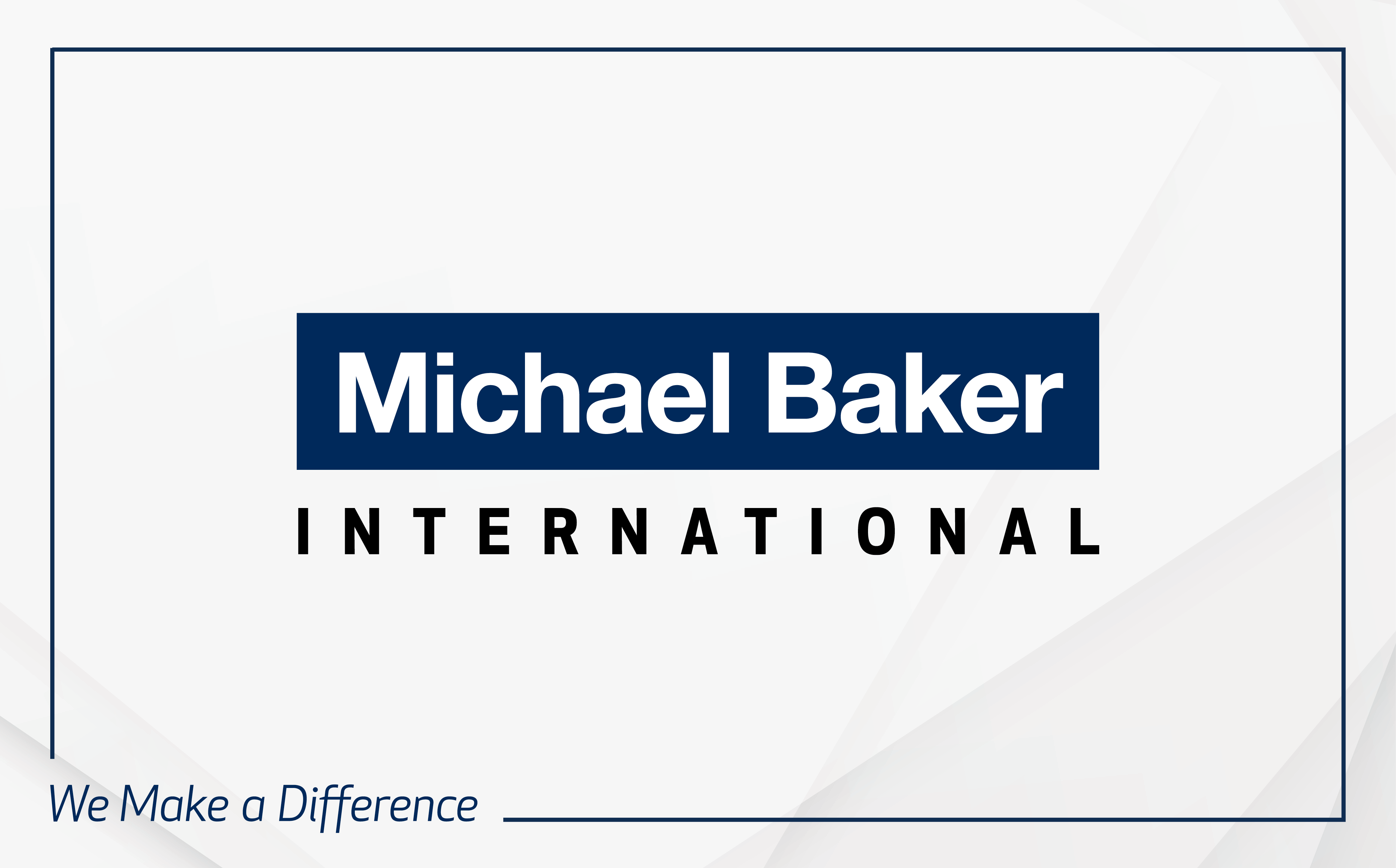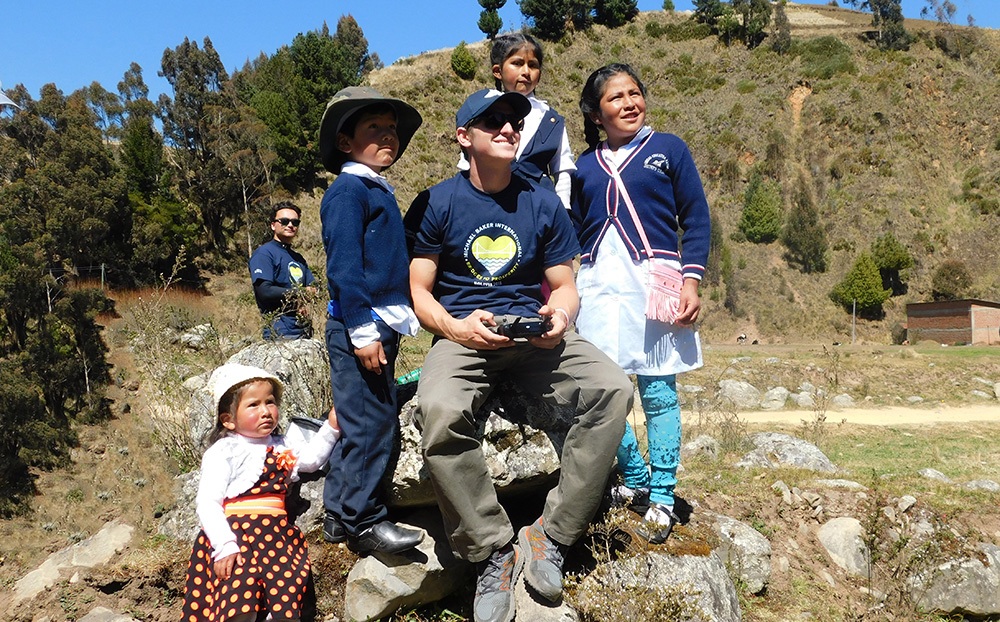Broadband technology has revolutionized how we live, and now more than ever, access to reliable, high-speed internet is a necessity to function in society. From powering our economy and supporting education to fostering better public health and connecting friends and family across the globe, broadband provides more affordable and efficient access to essential amenities.
However, across the country, rural residents often struggle to receive high-speed and reliable internet as the infrastructure is often lacking. Meanwhile, in rural and urban areas alike, costs and service levels vary widely between neighborhoods and providers. There is a need to promote and facilitate equal broadband access for everyone and develop a framework for combatting the digital discrimination that impacts access.
Since the landmark Infrastructure Investment and Jobs Act (IIJA) was passed in November 2021, broadband has been increasingly at the forefront of discussions at federal, state, county and municipal levels nationwide. Public sector officials and local leaders see the need within their communities for better broadband and understand how past patterns of infrastructure expansion and high-speed internet service has inequitably impacted residents in different ways.
The IIJA allocated a historic $65 billion towards closing the digital divide through planning, implementation, and programming, including:
- The Broadband Equity, Access, and Deployment (BEAD) Program covers statewide planning funds for each state to develop a plan to deliver broadband to all residents, and statewide implementation funds to design and construct the network.
- The Digital Equity Act (DEA) provides statewide funds to support digital equity programs, resources and initiatives.
- The Tribal Broadband Connectivity Program provides funding to tribal governments to use for broadband deployment and digital literacy programming.
As part of the IIJA, the Federal Communications Commission (FCC) was charged with developing sound policies and guidance to combat digital discrimination. Communications Equity and Diversity Council working groups were formed to offer guidance to agencies on reducing digital discrimination in broadband deployment, adoption and use, as well as recommendations for broadband infrastructure funding. In December, the FCC published their Recommendations and Best Practices to Prevent Digital Discrimination and Promote Digital Equity.
This document details actions to increase deployment, adoption and use of broadband internet and serves as a starting point for further discussions. As the IIJA funds start to be dispersed with the goal of finally achieving broadband for all, clear policies and consensus on expectations are critical to set the stage for equitable and effective outcomes. The FCC requested public comment on the report, and Michael Baker International’s Teraira Snerling, PMP, Broadband Strategy Planner; Kirsten Compitello, AICP, National Digital Equity Director; and Jeremy Jurick, GISP, National Broadband Services Director provided guidance on topics like the definition of digital discrimination; more effective and equitable methods to handle complaints about broadband service and billing and enable more transparent accountability from internet service providers; and regulatory policies to prevent digital discrimination.
Our Consulting and Technology Solutions (CTS) team is at the forefront of addressing digital discrimination and our recommendations to the FCC came as the result of decades of broadband and digital equity experience to guide our clients through achieving digital connectivity for their communities.
The work we do in partnership with our clients to combat digital discrimination has led to real results for communities. For example, during a 2021 digital equity planning effort led by Michael Baker, residents in southwestern Pennsylvania shared stories of paying two to three times more per month for lower speeds in rural areas than in nearby towns. Where no service or only high-cost service is available, residents can’t access the internet. This means no working from home, no telehealth appointments, no ordering goods online, no ability to research information about basic needs from job postings to bus routes to school events and more. These residents must travel to a library or rely on using small smartphone screens with cell service. Michael Baker worked with the Southwestern Pennsylvania Commission (SPC) on their Connectivity Roadmap plan to address these issues and promote more equitable broadband access and support across the region.
The full set of comments submitted by Michael’s Broadband Services can be viewed on the FCC website here: https://www.fcc.gov/ecfs/document/102202396101713/1





